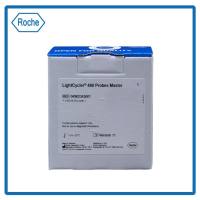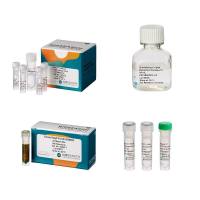Preparation and Use of Subtractive cDNA Hybridization Probes for cDNA Cloning
互联网
629
Molecular cloning is the process of inserting foreign fragments of DNA into a plasmid or bacteriophage vector that is capable
of autonomous replication in a suitable host cell. The resulting recombinant DNA molecules can then be amplified by growth
in the host and isolated in pure form. The nucleotide sequence of the inserted portion of the recombinant molecule can shed
light on the structure of a particular gene or messenger RNA (mRNA) and provide the primary amino acid sequence of the protein
it encodes. Because of the greater accuracy and rapidity of nucleotide sequence analysis over conventional protein sequence
analysis, this is now the standard method for elucidating the primary structure of a protein. Recombinant clones may be used
to generate probes for monitoring mRNA expression either by Northern blotting, RNase protection, or in situ
hybridization, and, thus, the developmental and anatomical distribution of the mRNA may be determined. Recombinant clones
can be tailored to produce large amounts of the encoded protein in bacterial or mammalian tissue culture systems. The cloned
DNA can be altered by any of a number of in vitro mutagenesis procedures, thus altering the amino acid sequence of the encoded
protein.









